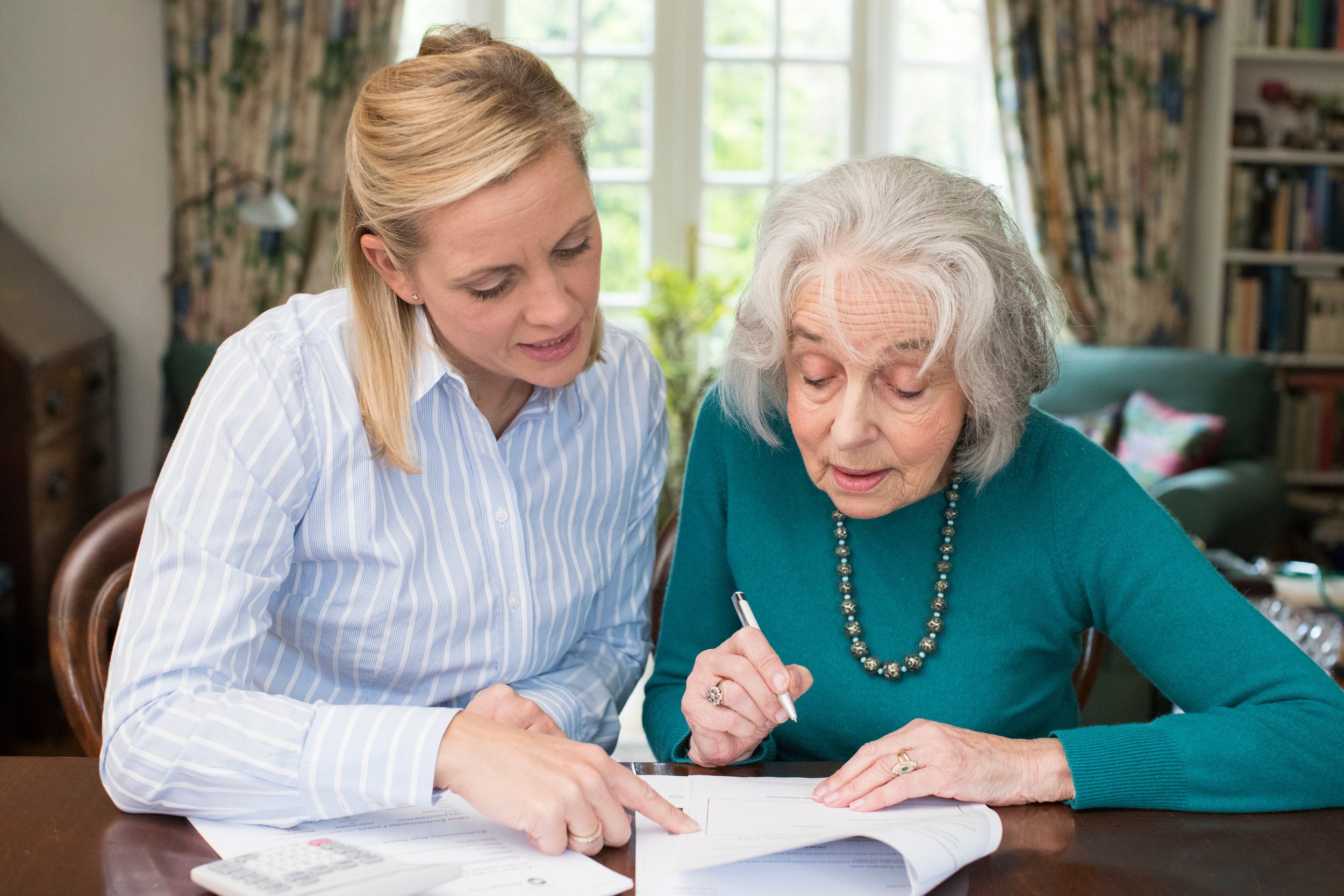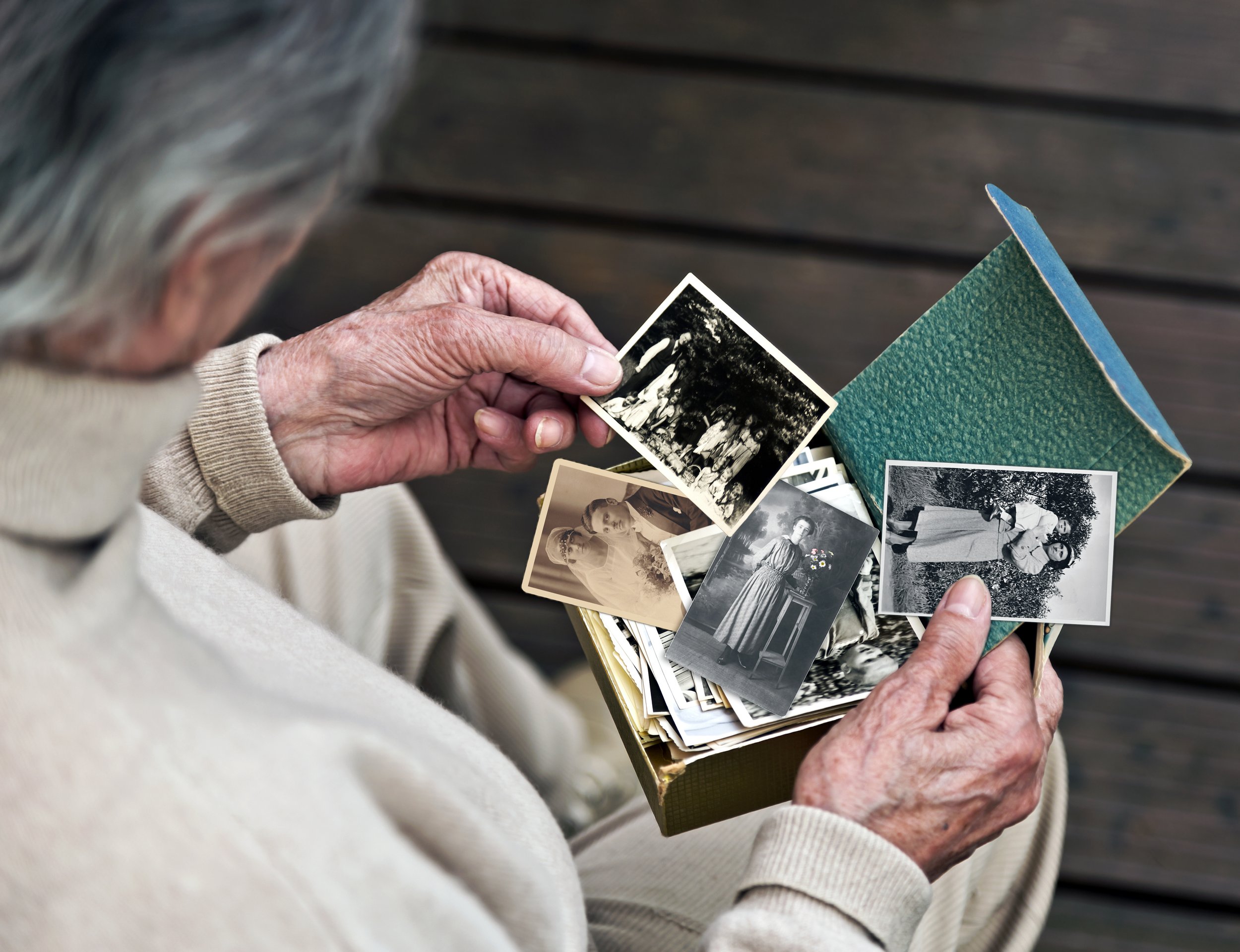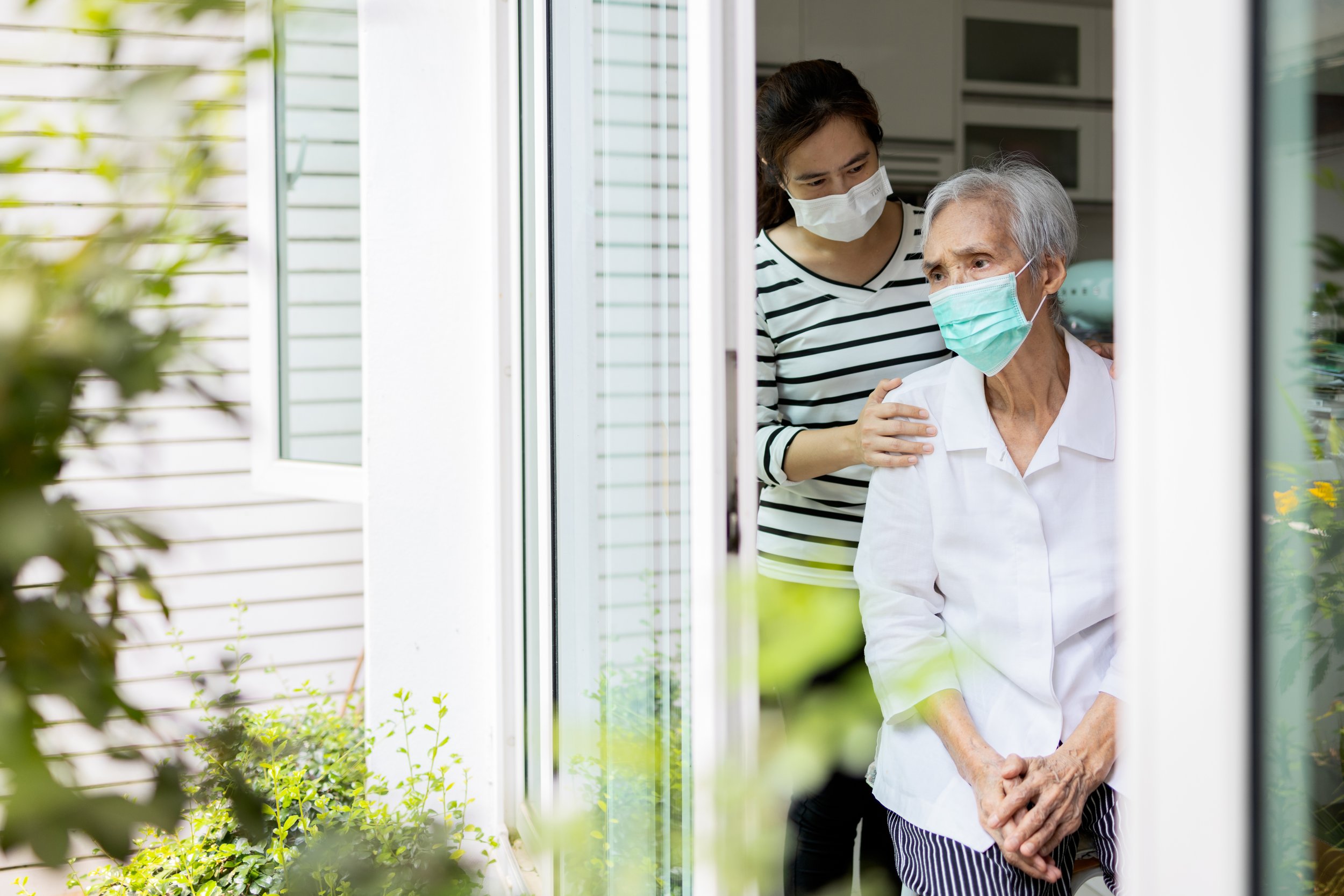News Search
Welcome to our News Search. You have arrived here because you have searched a category, tag, year, or month. Below you can find the results of your search. Alternatively, you can return to the News Page using the button.
Filter by:
Tag
- Additional Support Needs
- Art
- Australia
- Best Practice
- Best Practice in Dementia Care
- CEDAR
- Care
- Carers
- Carers Hub
- Changes in Presentation
- Community
- Consultancy
- Delirium
- Design
- EADDAT
- Events
- Housing
- International
- Japan
- LGBTQ+
- Life Story
- Meaningful Engagement
- News
- Policy
- Product Accreditation
- Research
- Scotland
- Signage and Wayfinding
- Sweden
- Technology
- Training
- University of Stirling
- Young Onset Dementia
- care
Month
- January 2025
- December 2024
- November 2024
- October 2024
- July 2024
- May 2024
- April 2024
- March 2024
- January 2024
- November 2023
- July 2023
- June 2023
- May 2023
- April 2023
- February 2023
- January 2023
- September 2022
- August 2022
- July 2022
- June 2022
- May 2022
- April 2022
- February 2022
- November 2021
- October 2021
- September 2021
- October 2020
- September 2020
- July 2019
- June 2019
- April 2019
- March 2019
- February 2019

20th Anniversary of the Online MSc in Dementia Studies - Save the date
The MSc in Dementia Studies is celebrating 20 years of online delivery. This internationally renowned programme has been developing leaders in dementia care from across disciplines and from around the world for the past two decades and the teaching team and our alumni have much to share and to celebrate.

Trauma informed practice in dementia care
Trauma-informed practice in dementia care is a way of caring for individuals living with dementia that takes into account the possibility that they may have experienced traumatic events in their lives.

What is meaningful activity?
In care we hear the term “meaningful activity” mentioned a lot, but what is it? Even more importantly, how do we make an activity meaningful to each individual?

Power of Attorney (Scotland)
A Power of Attorney (PAO) is a written legal document giving someone else the authority to act and make decisions on their behalf should they become unable to do so for themselves. All decisions made under POA must be of most benefit to the person.

Life Story - part 2
Life story work is not a new concept: it has been used for children and people with learning disabilities in the care sector for many years. However, it has also been recognised as a useful tool to promote person-centred care for people with dementia.

Life Story - part 1
Life story work is not a new concept: it has been used for children and people with learning disabilities in the care sector for many years. However, it has also been recognised as a useful tool to promote person-centred care for people with dementia.

Behaviour and communication
Speaking or verbal communication makes up only a small part of how people communicate; our words only account for approximately 7% of communication.

Living well at home: Housing and dementia in Scotland
The National Housing and Dementia Forum launched their final report on 18.8.22

Changing the culture of care
The Best Practice programme remains popular because it is accessible, understandable and sustainable in the workplace.

Free dementia education workshops (Scotland)
RS Macdonald will be funding DSDC’s free dementia education workshops for family carers and volunteers, in Scotland, for two more years.

Golf and dementia
Golf in Society is a social enterprise who help people who live with dementia to keep healthy and socially connected through golf.

Living with dementia when you are deaf
The British Deaf Association (BDA) has been working tirelessly over the last few years to create dementia resources for the deaf community.

Adding meaning
Meaningful activities are an excellent intervention for people with dementia. Why? They provide the opportunity for meaningful engagement, helping reduce loneliness and social isolation, reduce distressed behaviours, improve sleep, maintain / improve physical health and improve general well-being.

Resistance training to improve frailty in older adults
Resistance training in frail older adults is effective in delivering significant improvements in functional capacity and strength, according to a new study by the University of Stirling.

Knowing What To Say and How To Say It
A recent project, ‘Knowing what to say and how to say it’, focused on people’s experiences of talking about health issues, in particular deafness and dementia. The aim of the project was to understand how people felt discussing certain health issues; were they comfortable bringing up the subject(s) or were they more apprehensive.

One Small Change
At DSDC we believe every effort to improve quality of life for people living with dementia should be celebrated, no matter how big or small.

Mastering everyday technology
Periods of lockdown during the pandemic have meant considerable changes for many, including finding alternative ways to communicate with loved ones. Being unable to physically see friends, hug family and talk face-to-face with neighbours has resulted in finding new and inventive ways to maintain connection.

Understanding the connection between Covid-19 and delirium
Delirium can be a sign of infection and/or some other form of ill-health in the frail elderly. Unfortunately these days we have yet another potential cause of delirium, COVID-19.

The Arts Council of Northern Ireland: Art & Dementia, Trilogy of short films
Established in 2009 the Arts and Older People’s programme (AOP) is a partnership between the Arts Council of Northern Ireland (ACNI), the Baring Foundation and the Northern Ireland Public Health Agency. Focused on the promotion of social justice and alleviating isolation and loneliness; the AOP is aims to strengthen the voice of older people and promote their health and well-being through the arts. In 2019 the ACNI commissioned Sonrisa Solutions Ltd to produce a trilogy of three-minute films that distil key learning from the AOP with regards the arts and dementia.

Transforming the deaf dementia experience
The British Deaf Association (BDA) have developed the project ‘Transforming the Deaf Dementia Experience’. The project is a community interest initiative supporting deaf people, and their carers, who are living with a diagnosis of dementia. Through the provision of accessible resources (also available in British Sign Language (BSL)) the project aims to promote a better understanding of dementia within the deaf community.

